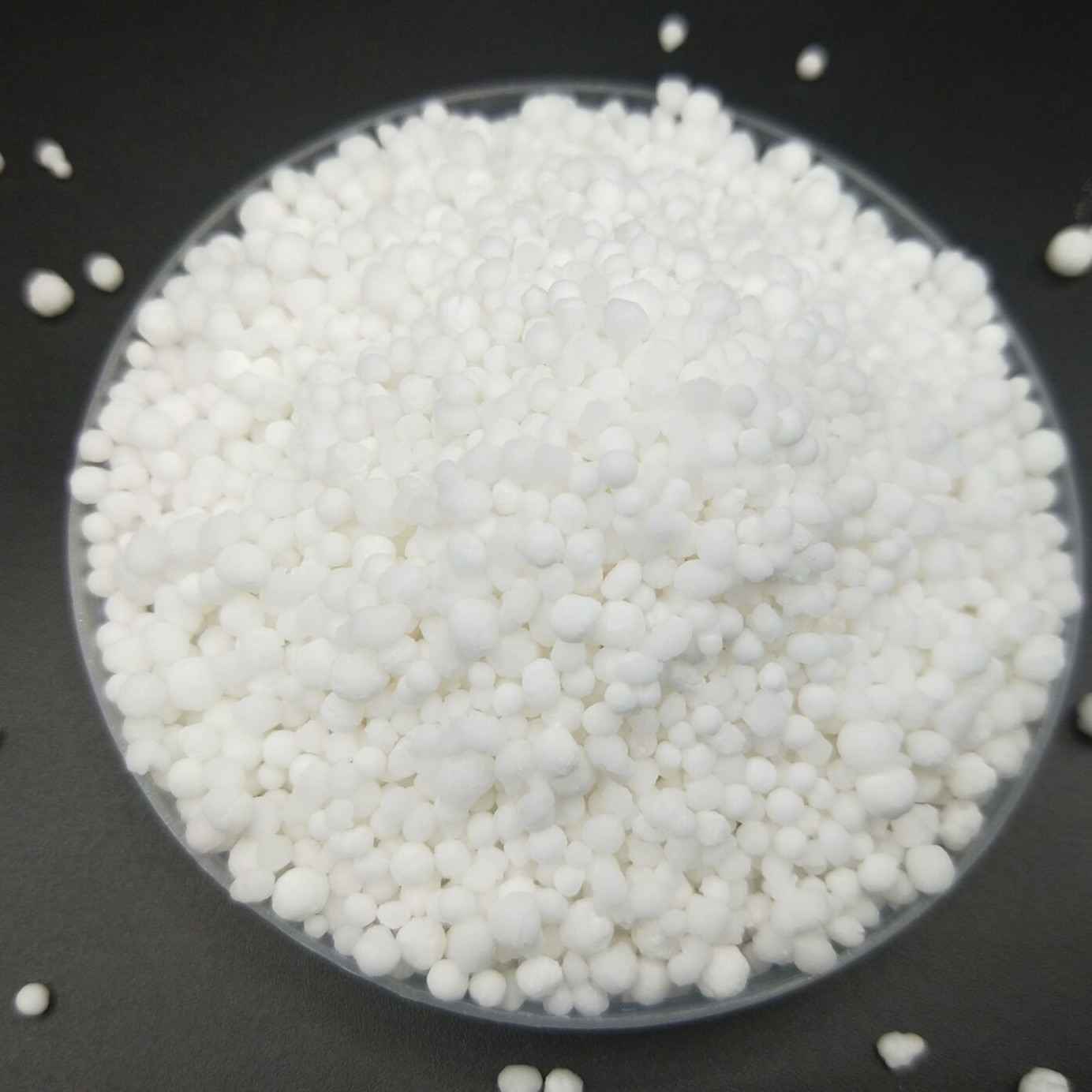
8月 . 18, 2024 08:17 Back to list
Manufacturers of NPK Fertilizers Enhanced with Essential Micronutrients for Optimal Plant Growth
The Importance of NPK Fertilizers with Micronutrients in Agriculture
In the ever-evolving landscape of agriculture, the quest for maximizing crop yield and enhancing soil fertility has led to the development and adoption of various fertilizers. Among these, NPK fertilizers with micronutrients have gained remarkable attention. NPK stands for Nitrogen (N), Phosphorus (P), and Potassium (K), which are primary nutrients essential for plant growth. When combined with micronutrients, these fertilizers offer a more comprehensive nutrient solution for farmers and gardeners alike.
Understanding NPK
NPK fertilizers are formulated to provide plants with the essential macro-nutrients that are vital for their growth and development. Nitrogen is crucial for leaf growth, promoting lush foliage and green color. Phosphorus plays a key role in root development and is essential for flowering and seed production. Potassium enhances overall plant health, aiding in water retention and disease resistance. However, while these three components are critical, they are not the only nutrients that plants need.
The Role of Micronutrients
Micronutrients, though required in smaller quantities than primary nutrients, are equally important for plant health. Elements such as zinc, copper, iron, manganese, boron, and molybdenum contribute to various physiological functions in plants, including enzyme activity, chlorophyll production, and overall metabolic processes. A deficiency in any of these micronutrients can lead to stunted growth, poor yields, and increased susceptibility to diseases.
Advantages of NPK Fertilizers with Micronutrients
npk fertilizer with micronutrients factories

1. Enhanced Yield The inclusion of micronutrients in NPK fertilizers significantly improves plant health and productivity. Crops are able to achieve better yields due to optimal nutrient availability, leading to increased food production to meet the demands of a growing global population.
2. Soil Health Improvement Regular use of NPK fertilizers with micronutrients helps maintain soil fertility over time. By replenishing depleted nutrients, these fertilizers contribute to the overall health of the soil ecosystem, fostering better microbial activity and organic matter content.
3. Tailored Nutrient Solutions Different crops have varying nutrient requirements. Manufacturers of NPK fertilizers can formulate products specifically designed for particular crops or soil conditions, ensuring that farmers have access to the most suitable nutrient sources for their specific needs.
4. Cost-Effectiveness Using a combined NPK and micronutrient fertilizer can be more cost-effective for farmers. Instead of purchasing multiple products, a single comprehensive fertilizer solution can meet a wide range of nutritional needs, simplifying the fertilization process and potentially reducing overall costs.
Conclusion
As global agricultural practices continue to evolve, the significance of NPK fertilizers with micronutrients cannot be overstated. These fertilizers represent a crucial innovation in sustainable agriculture, aiming not only to enhance crop yields but also to promote soil health and fertility. With the increasing pressure to produce more food in the face of environmental challenges, adopting such nutrient-rich fertilizers becomes essential.
Factories specializing in the production of NPK fertilizers with micronutrients play an essential role in this agricultural revolution. By investing in research and development, they strive to create formulations that cater to the diverse needs of crops while adhering to environmental sustainability principles. As agriculture moves forward, integrating advanced fertilization methods will be key to achieving food security and ecological balance.
-
10-10-10 Organic Fertilizer - Balanced NPK Formula
NewsAug.02,2025
-
Premium Organic Manure Compost for Eco Gardens
NewsAug.01,2025
-
Organic 10-10-10 Fertilizer | Balanced Plant Nutrients
NewsJul.31,2025
-
Premium Amino Acid Fertilizer | Rapid Plant Growth Booster
NewsJul.31,2025
-
10 10 10 Fertilizer Organic—Balanced NPK for All Plants
NewsJul.30,2025
-
Premium 10 10 10 Fertilizer Organic for Balanced Plant Growth
NewsJul.29,2025
